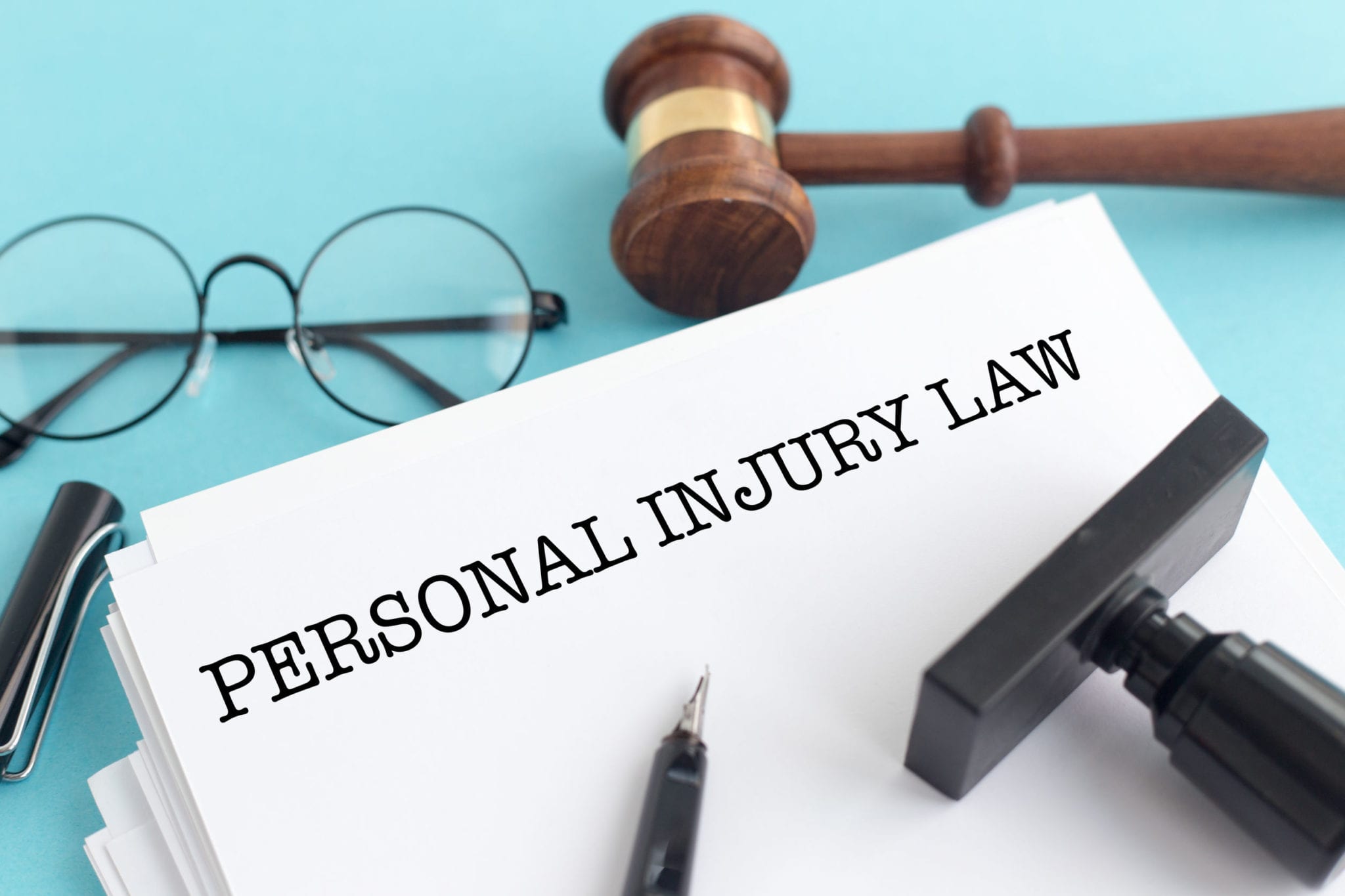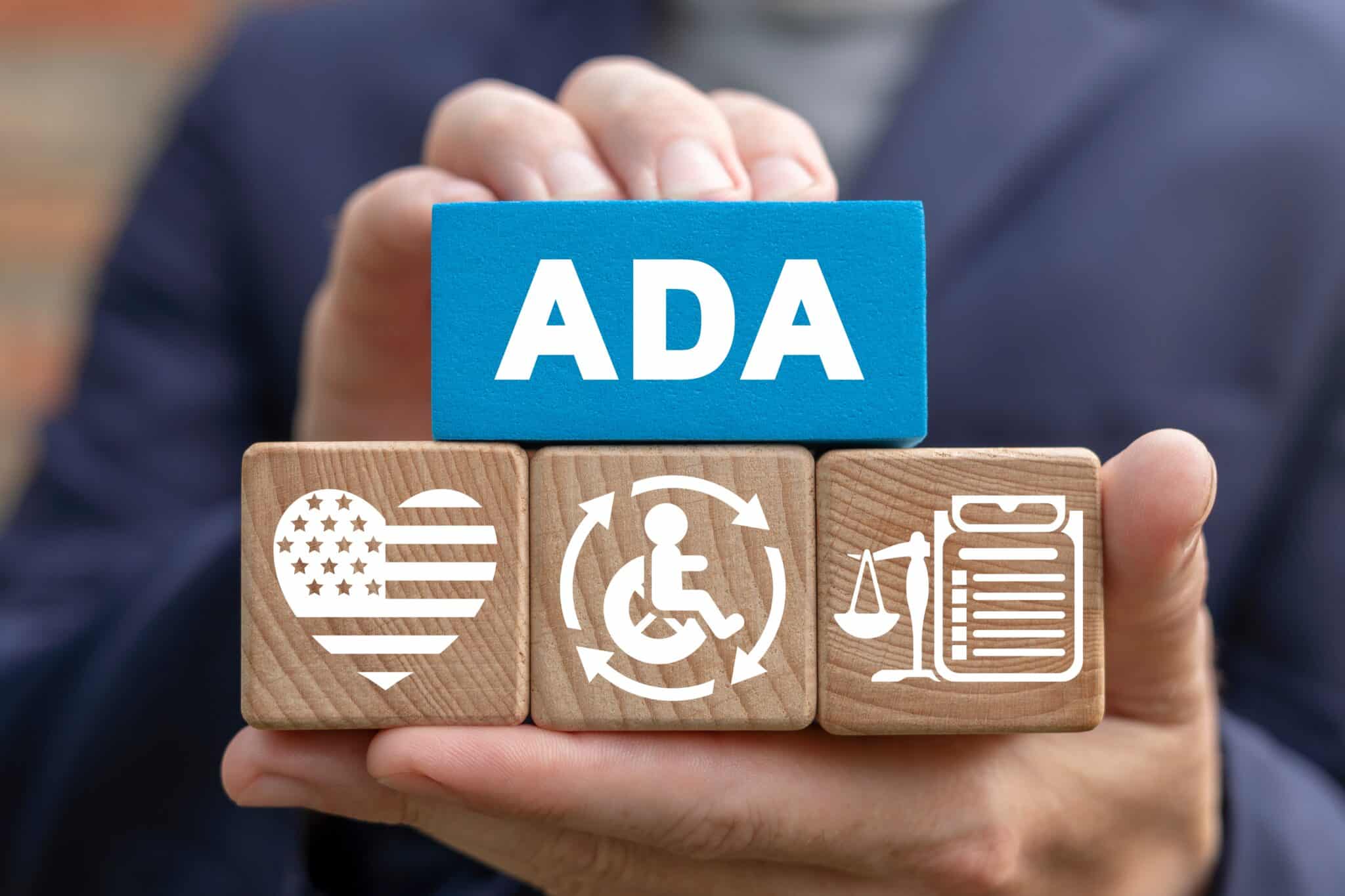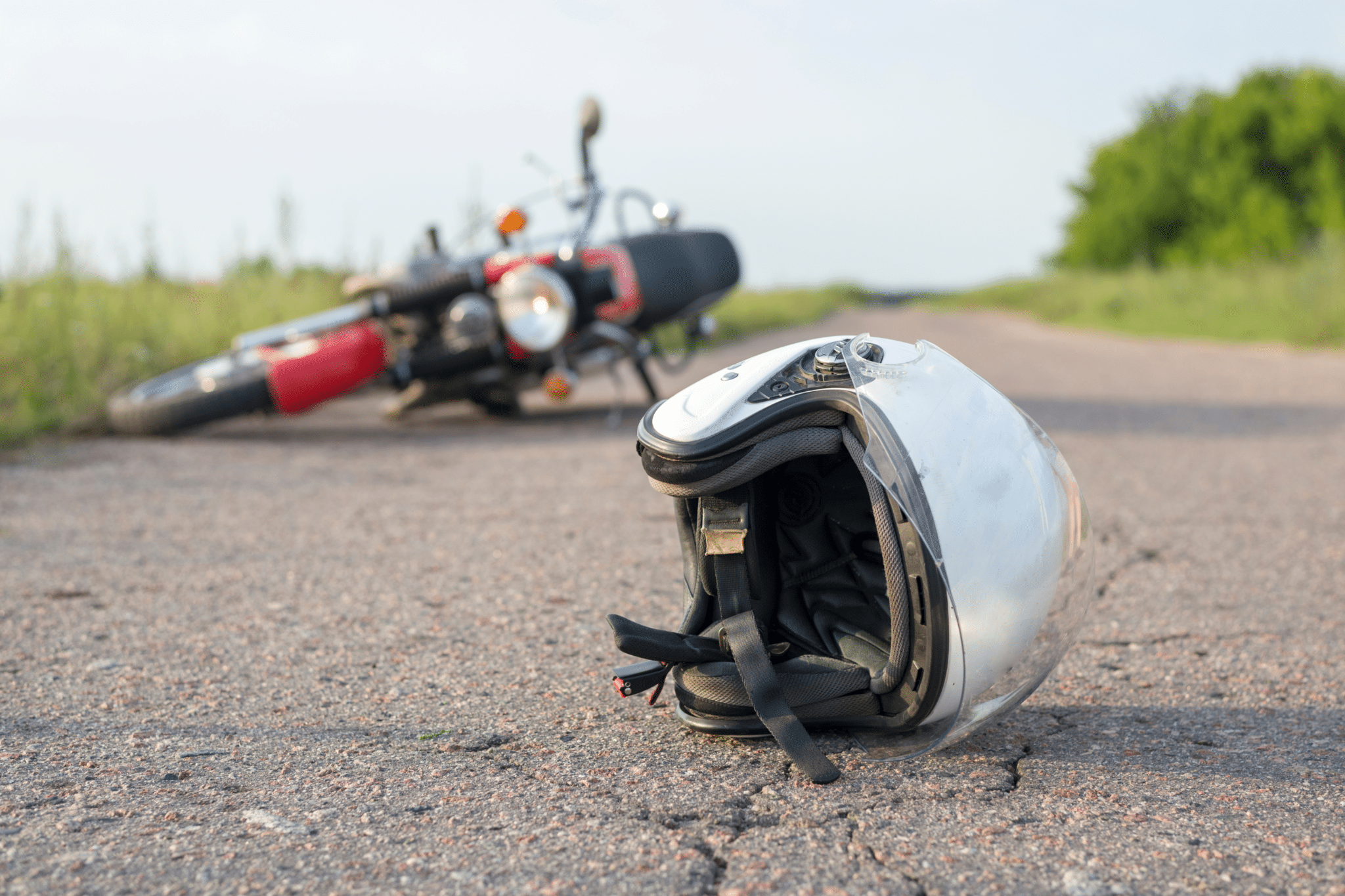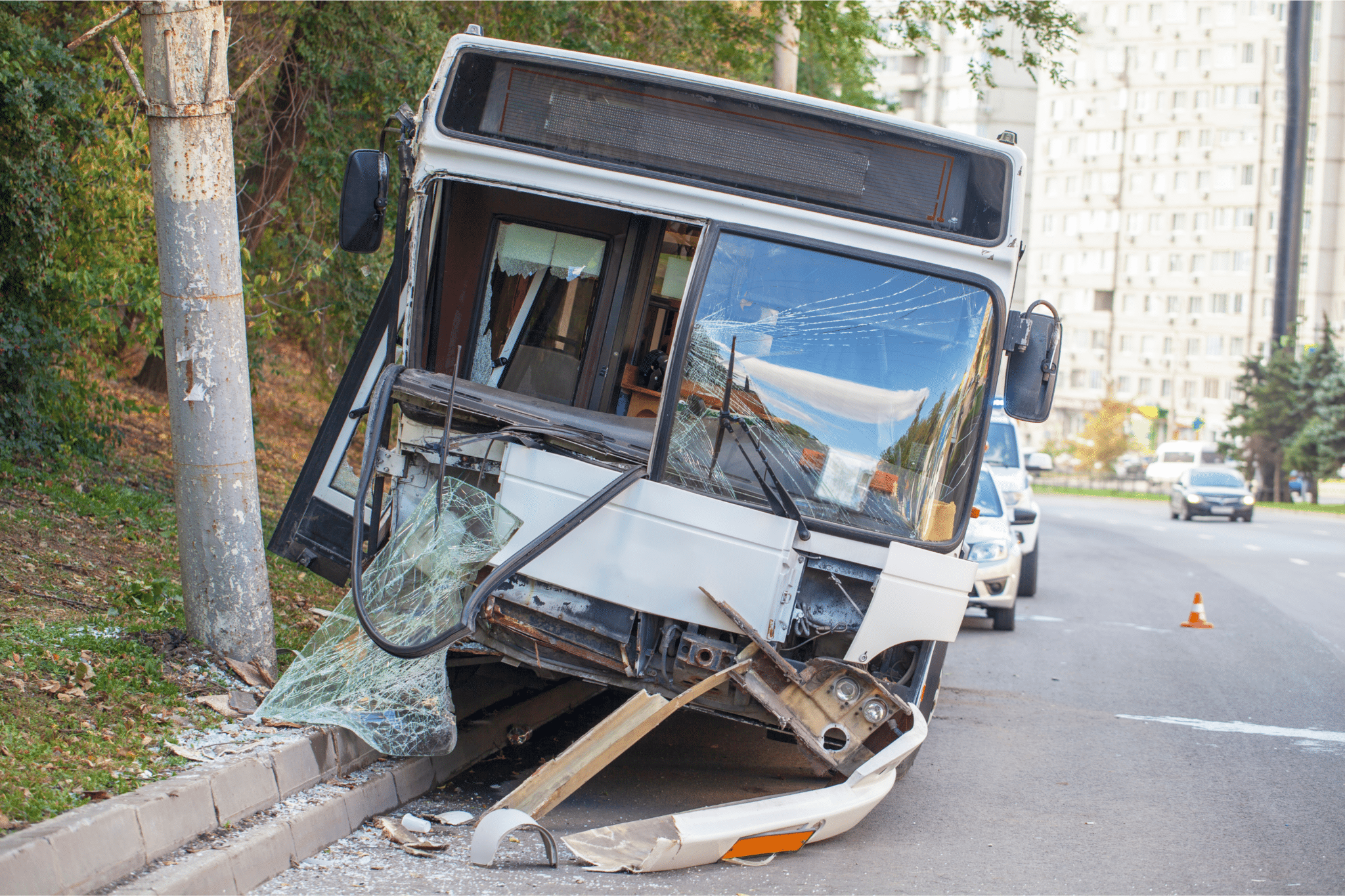Your son gets addicted to prescription opioids. He stays clean for a few years but then slips. When he overdoses on drugs, he is taken to the hospital. During his treatment, a nurse removes a PIC line, against proper instructions. Your son develops an air embolism. He dies while seated next to you in the hospital’s discharge lounge. His death certificate denies that any medical error was involved.
What do you do to cover the expenses of his burial? What can you do to investigate the nurse’s actions? Is there anything you can do to hold the hospital accountable?
In other states, you might get an answer. Yet in Florida, the answer is “nothing.” You can’t do anything to hold anyone accountable for your son’s death. You cannot file a wrongful death suit. Why? He was 25 and single at the time of his death.
This is a True Story Because of a Loophole in Florida Law
This story happened in 2016 and is one of many stories that activists use to argue against Florida’s “Free Kill” exemption.
The “Free Kill” exemption exists within Florida’s Wrongful Death Act, which outlines the policies and procedures for filing a wrongful death suit. It states that parents and children cannot file a wrongful death claim if their loved one dies of medical malpractice in Florida.
According to Florida law, only spouses and minor children can sue for wrongful death related to medical malpractice. If someone is over the age of 25 and dies due to medical error, their parents cannot take legal action. Their boyfriend or girlfriend cannot sue.
The hospital, if they do not state medical error as a cause of death, can still ask an insurance company to pay for benefits. Thus, the hospital gets a “free kill.”
Experts believe that at least one out of every two Floridians qualifies as a “free kill.” If these Floridians were to move to other states, their families would have more options to sue for wrongful death. Florida is the only state that employs this loophole.
The “Free Kill” Exemption Only Applies in Cases of Medical Malpractice
Individuals may file for medical malpractice if they live to tell the tale, but loved ones may be held back from doing so if the person perishes at the hands of gross negligence.
This loophole may not seem fair, but it has been in place for three decades. It has been challenged in court, but lawmakers believe that the costs that hospitals would have to pay in wrongful death suits outweigh the benefits that parents of adult children would receive by holding negligence accountable.
Some lawmakers have taken a stand against the Free Kill loophole. HB 6051 seeks to repeal the Free Kill loophole and give grieving families more options for seeking an investigation into their loved one’s death.
Understand Your Options as a Floridian
Parents and adult children can file a wrongful death suit in cases of drunk drivers, swimming pool accidents, and other professional malpractice, but not medical malpractice. This is a very specific loophole.
If your loved one suffered a wrongful death and a medical practitioner was involved, reach out to an experienced Florida personal injury attorney. They will be able to evaluate your case and to answer questions about whether filing suit makes sense for you.
About the Author:
Andrew Winston is a partner at the personal injury law firm of Winston Law. For over 20 years, he has successfully represented countless people in all kinds of personal injury cases, with a particular focus on child injury, legal malpractice, and premises liability. He has been recognized for excellence in the representation of injured clients by admission to the Million Dollar Advocates Forum and named one of America’s Top 100 High-Stakes Litigators. Mr. Winston is AV Preeminent Rated by the Martindale-Hubbell Law Directory, enjoys a 10.0 rating by AVVO as a Top Personal Injury Attorney, has been selected as a Florida “SuperLawyer” from 2011-2020 – an honor reserved for the top 5% of lawyers in the state – was voted to Florida Trend’s ”Legal Elite,” recognized by Expertise as one of the 20 Best Fort Lauderdale personal injury attorneys, named one of the Top 100 Lawyers in the Miami area for 2015-2017, and one of the Top 100 Lawyers in Florida for 2015-2017 and 2019.
 Summer Hotel Stay in FL? What to Do in Case You Get Coronavirus
Summer Hotel Stay in FL? What to Do in Case You Get Coronavirus 

















